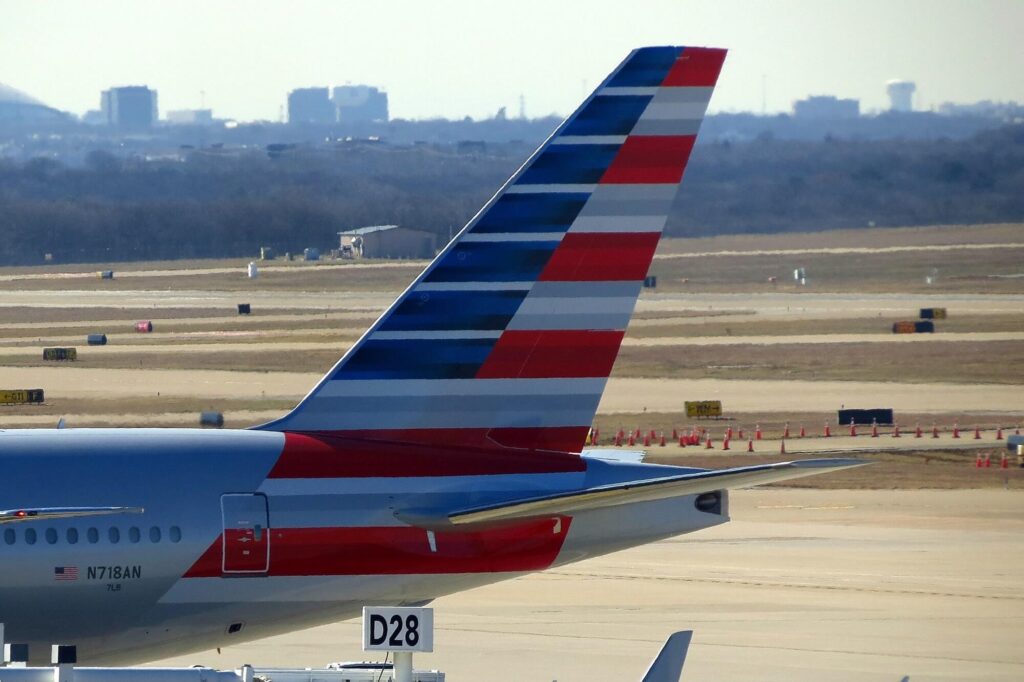A cyberattack on May 7, 2021, caused a major fuel pipeline in the United States to shut down, which could force US carriers to find alternatives to refuel their flights.
The facility which belongs to the Houston-based company Colonial Pipeline supplies 45% of the fuel on the Eastern Coast of the United States and directly serves seven airports. Airports in Baltimore, Atlanta, Charlotte, and Nashville have between four to five days of fuel reserve, Andy Lipow, the chairman of the consultancy firm Lipow Oil Associates, told AFP.
Atlanta’s Hartsfield-Jackson International Airport (ATL), the busiest airport in the country, said it was looking for other fuel suppliers. Operations were reportedly not affected. “Hartsfield-Jackson and its airline partners are in close communications with fuel suppliers and are taking steps to mitigate any impact the Colonial incident might have,” an airport spokeswoman wrote in a statement. “Currently, ATL is coordinating with additional suppliers to augment the airport’s fuel inventory.”
Because of the pipeline shutdown, American Airlines (A1G) (AAL) was forced to add refueling stopovers to two of its daily routes. A flight from Charlotte Douglas Airport (CLT) to Honolulu International Airport (HNL), usually direct, has to stop at Dallas-Fort Worth International (DFW), whose fuel supply was unaffected. There, passengers transferred to another plane. Another flight from Charlotte to London Heathrow Airport (LHR) will land in Boston Logan International Airport (BOS) for the same reason. The two daily flights should become direct again from May 15, 2021. Southwest and United Airlines both reported not being impacted yet, while Delta did not comment.
On May 10, 2021, the cyberattack was traced back by the FBI to an organization called DarkSide. The latter acknowledged its involvement, claiming it did so to receive a ransom. “Our goal is to make money and not creating problems for society,” DarkSide wrote in a statement.

